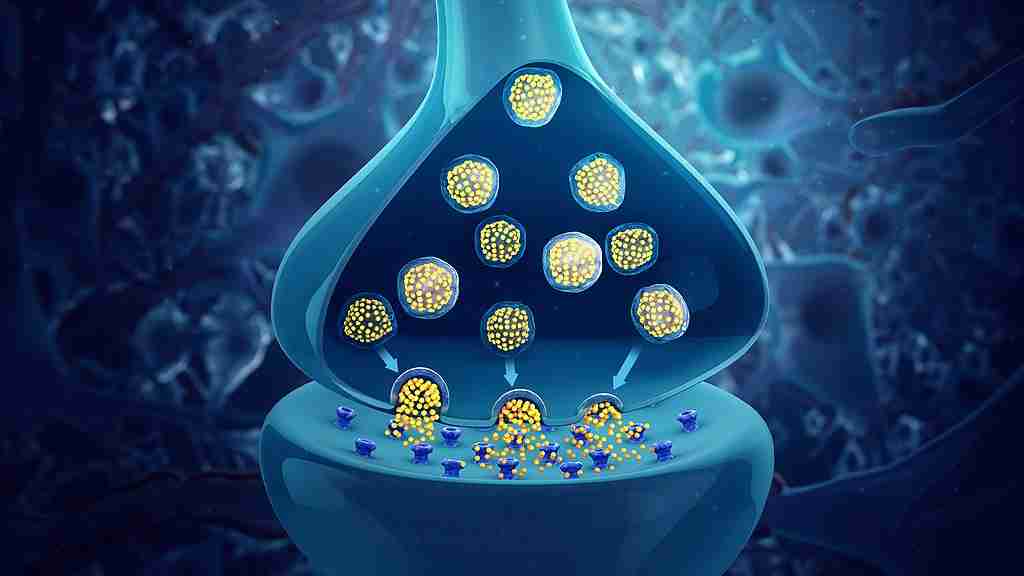ADHD is not caused by poor diet, and the symptoms of ADHD cannot be reduced by taking dietary supplements and vitamins.
Before anybody gets upset with me, please allow me to clarify. In making this bold statement, I am making an important distinction between ADHD Symptoms and ADHD-like Symptoms. The former are not affected by diet; the latter may be.
Let me explain what I mean with an example. As an adult with ADHD, I have great difficulty maintaining focus on my work, especially if it’s a particularly odious task I’m working on. It can be a huge struggle to get started, to keep going without getting distracted – either by external influences or by getting lost in hyper-focus land on a relatively insignificant detail – and the last 5 percent can take 50% of the total time.
Now, I know from personal experience that there are many ways to predict how well or how badly my (or anybody’s) ability to focus will be in any few days. Have I been eating regular healthy meals? Have I been taking vitamins? Have I been drinking plenty? Have I been exercising at all? Have I been sleeping soundly? Have I been sleeping sufficiently? Have I been sleeping regular hours? Have I had any arguments or upsetting incidents? Do I have a cold? A headache? Pain or physical discomfort of any kind? Do I feel overwhelmed by numerous looming deadlines?
For sake of argument, let’s say that an ideal level of concentration is 100%. In a particularly bad week, I may be stumbling along blindly with only 5%.
Without any claim of scientific accuracy, let’s say also that my ability to regulate my focus effectively because of ADHD knocks off 50% from the “normal” focus level. If I’ve also been sleeping badly, not been exercising, am stressed out in various ways, and have not been taking care of my diet, this reduce the total by another 35%. Sickness knocks off another 10%, and lack of motivation another 5%. Now I’m left feeling dazed and confused with no hope of achieving anything with a mere 5% of the hypothetically ideal level of concentration.
At one extreme, if I just take medication for my ADHD, this alone may increase my attention level from 5% to 55% – a vast and immediate improvement.
At the other extreme, if I decide only to use so-called alternative treatments and try to manage my attention levels by a careful balanced diet and taking appropriate supplements, this may increase my attention level from 5% to 40% – again, a dramatic improvement. The same goes for the other examples I gave above.
Somebody without ADHD who has suboptimal lifestyle choices may well have only 65% of their total concentration potential. Hence the frequently heard remark that “everybody has a bit of ADHD”. But somebody who does not have ADHD could theoretically use healthy lifestyle choices to go from 65% to 100%. Not so for somebody who genuinely has ADHD.
The important point here is that ADHD is a neurobiological disorder, most commonly thought to be genetic in origin; so these “alternative treatments” may well improve your overall level of concentration, or decrease your level of hyperactivity or impulsivity, but on a “5% concentration day” they are not touching that hypothetical 60% deficit, only the other 45%. The 60% loss of attention regulation is an ADHD Symptom, and the 45% could be described as an ADHD-like symptom – in other words, a symptom that is similar in appearance to the symptoms of ADHD, but having entirely different causes.
When a doctor makes a diagnosis of ADHD, one of the things they do is to rule out other potential causes of the ADHD-like symptoms that their patient exhibits. If somebody can increase their symptoms to the hypothetical 100% only through diet and exercise, then they do not have ADHD. Of course this 100% is highly subjective, and this is one reason it takes a trained and experienced professional to make a definitive diagnosis. Not to mention the many other medical and psychiatric disorders that also mimic some ADHD symptoms that they will have to rule out.
In conclusion, I encourage a balanced approach to managing your overall levels of symptoms, through medication – if appropriate – as well as ensuring that your overall ADHD management regime takes into consideration the impact that your other lifestyle choices may have on the severity of your cumulative level of symptoms.
-JV


